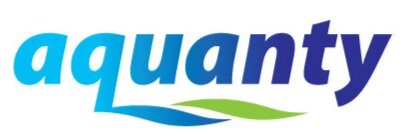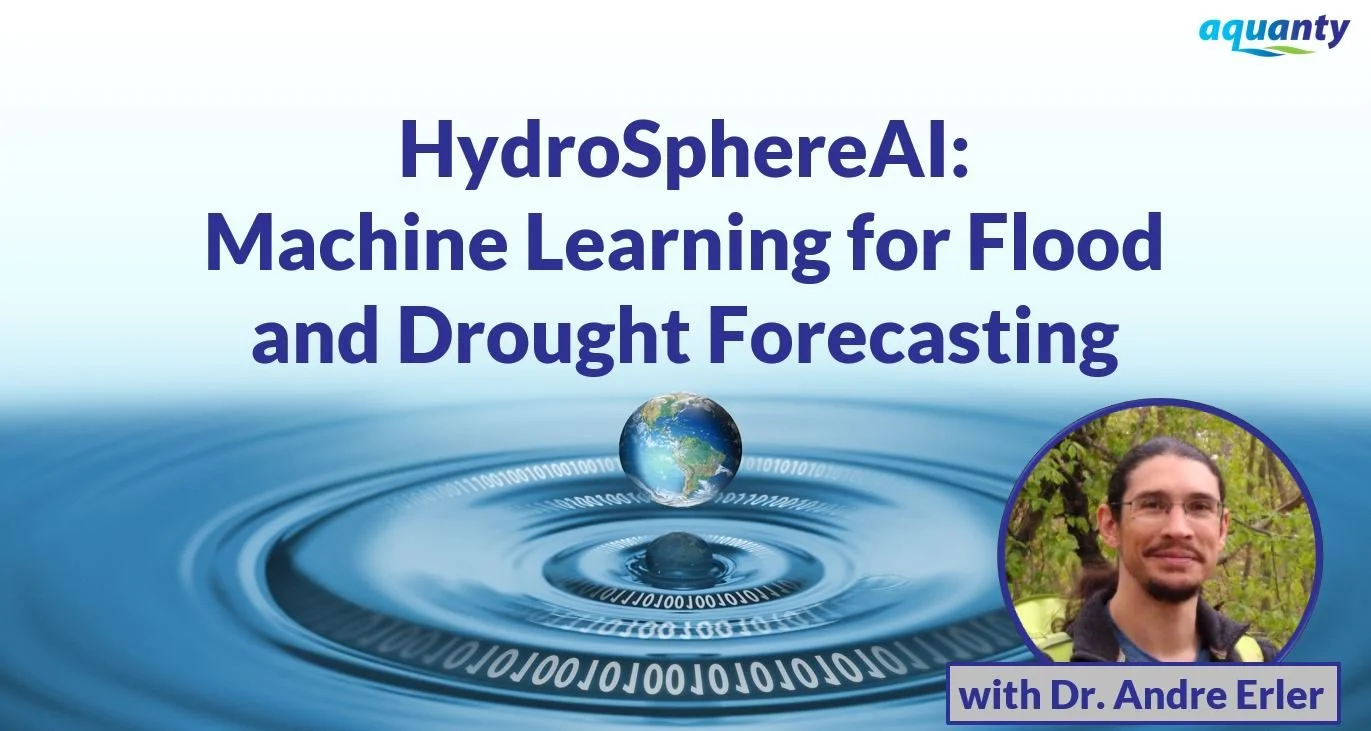"HydroSphereAI: Machine Learning for Flood and Drought Forecasting" - Aquanty Webinar
A recording of our May 1st, 2024 webinar.
Flood and drought are the costliest natural disasters in Canada, but impacts on live and livelihoods can be mitigated with sufficient warning. Currently, flood and drought forecasting is done by government agencies and primarily based on semi-empirical hydrological models.
This presentation will start with a brief review of current hydrological forecasting methods and their limitations, before introducing HydroSphereAI - Aquanty’s new machine learning approach to streamflow forecasting that has received significant attention for its versatility and high forecast skill.
We will outline what enabled the success of this new approach and why it yields superior skill to previous methods, in particular in ungauged watersheds (which has been a long-standing challenge in hydrology).
Finally, the challenges of operational implementation of this method as a forecasting service will be discussed, using Aquanty's real-time hydrological forecasting platform as an example. Such challenges include real-time processing of numerical weather forecasts, availability of input data, and aspects of stakeholder engagement and gaining trust with the end-user.
About the presenter: Dr. Andre Erler is a senior scientist at Aquanty Inc. with a background in climate modelling. His main interests are in seasonal hydro-climate forecasting and long-term climate change impacts on water resources, using physics-based numerical and machine learning models. While overseeing weather and climate data processing at Aquanty, he also leads projects focused on developing new forecasting capabilities within Aquanty, either as internal research projects or in collaboration with academic partners. Examples of current projects include seasonal drought forecasting, streamflow forecasting using machine learning, and modelling regional climate change over Canada (using WRF). Originally from Germany, Andre completed the equivalent of an MSc in dynamical meteorology in Mainz, before moving to Canada to complete a PhD in regional climate modelling at the Department of Physics in Toronto. In his free time he likes to be active outdoors, be it cycling, running, climbing (out West) or canoeing (in Ontario).


